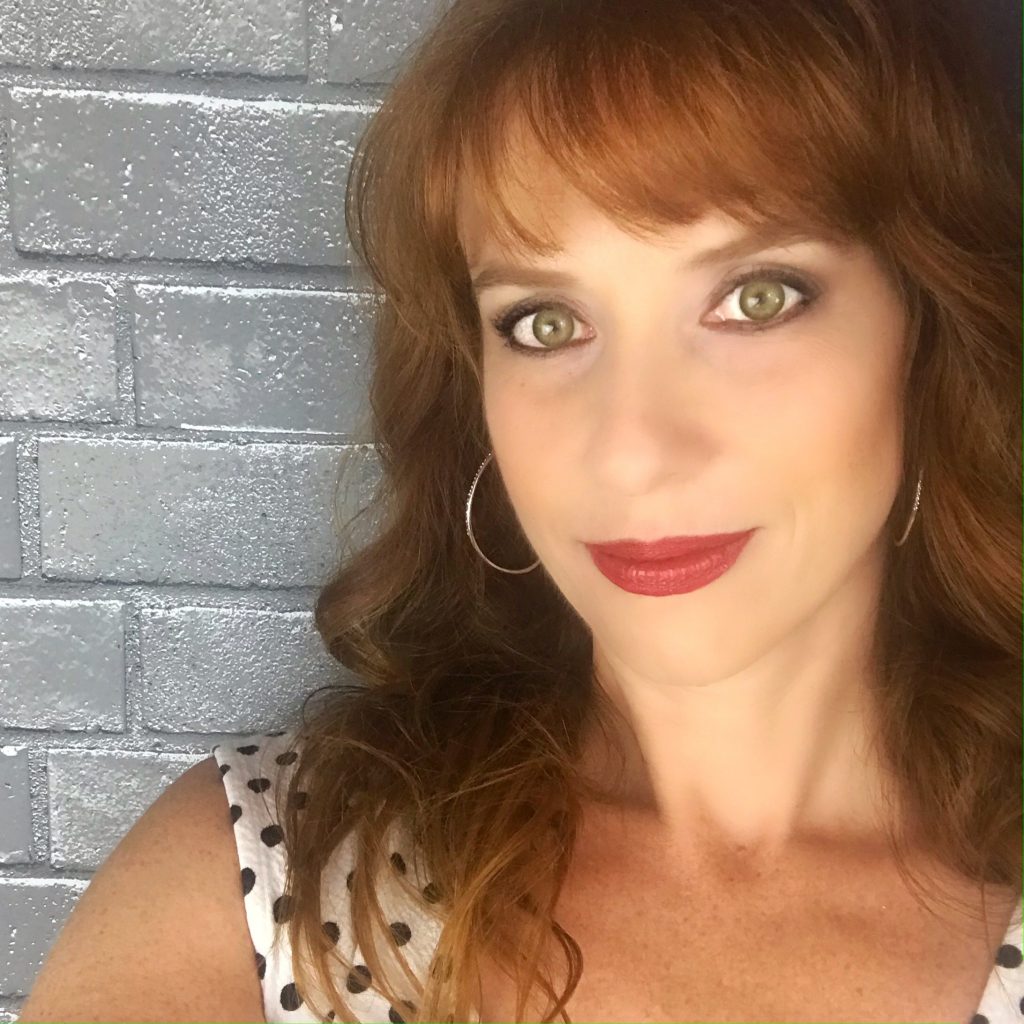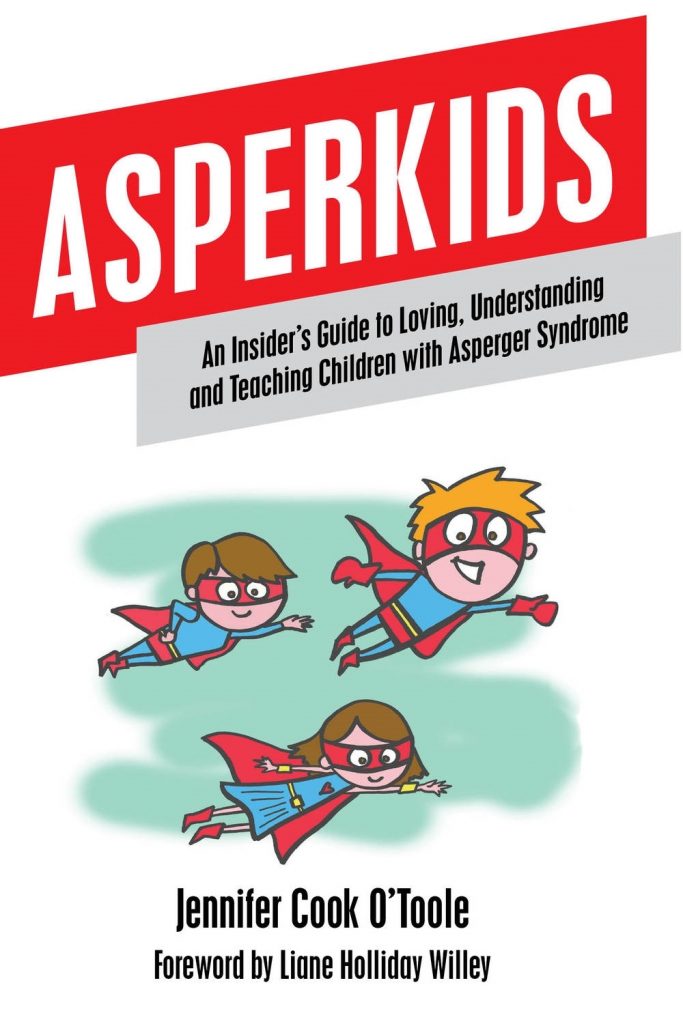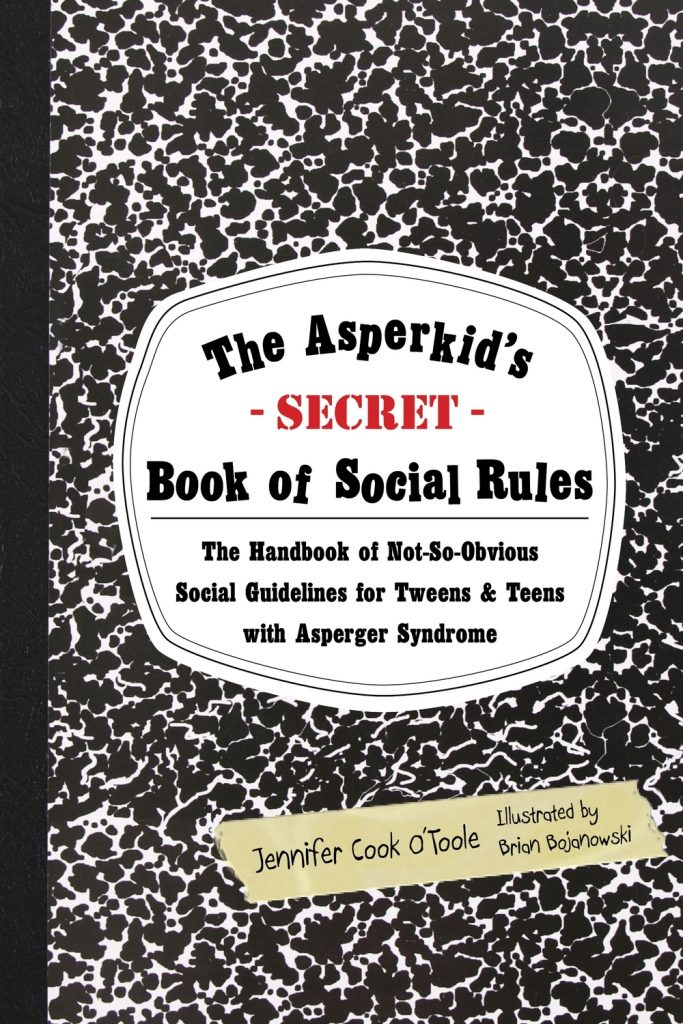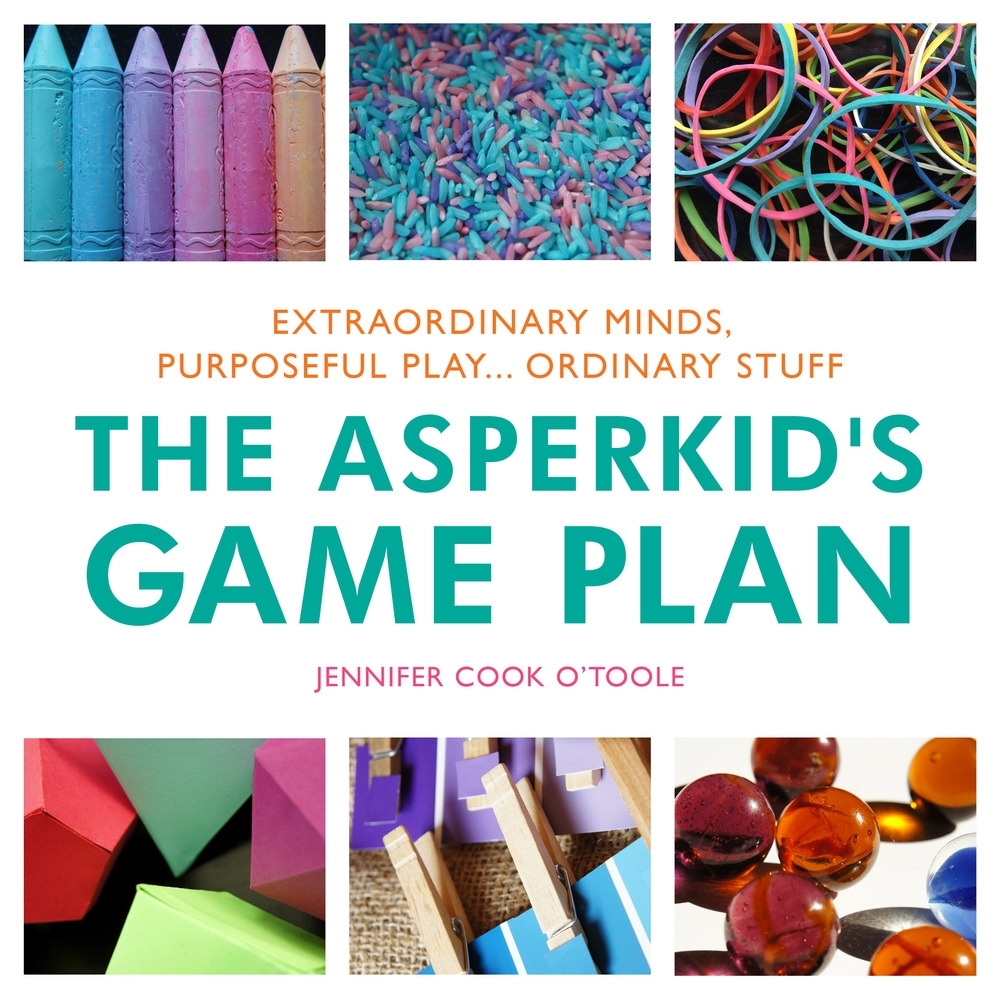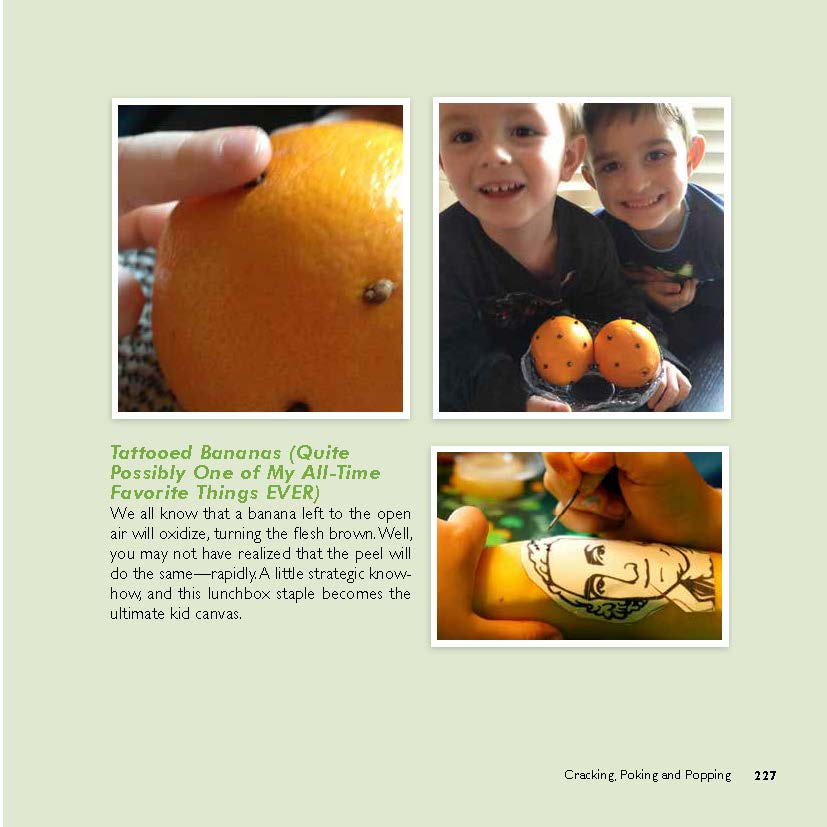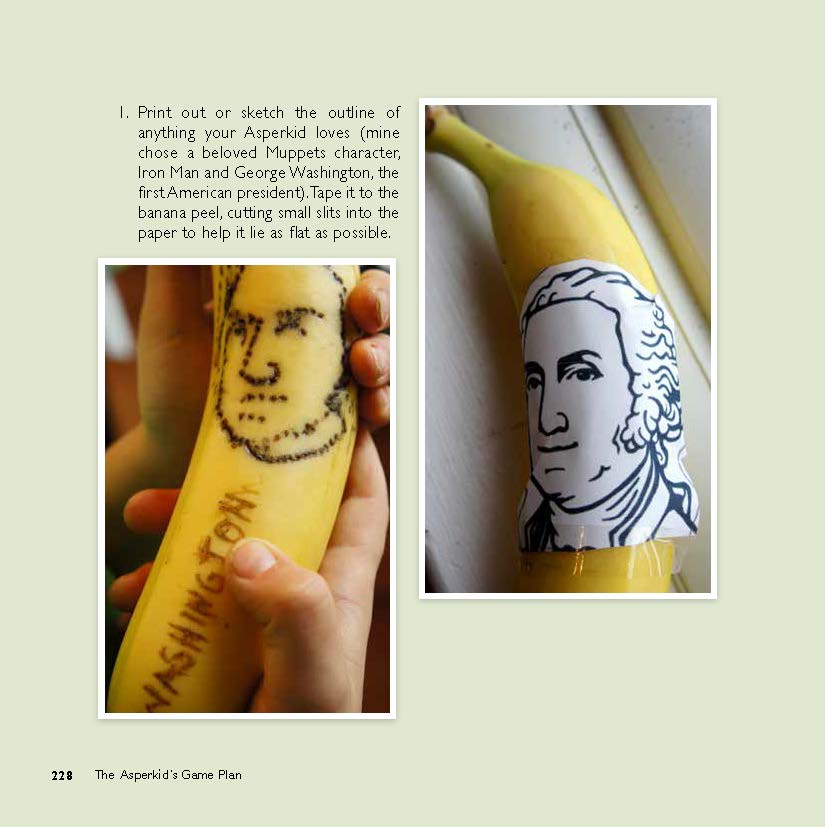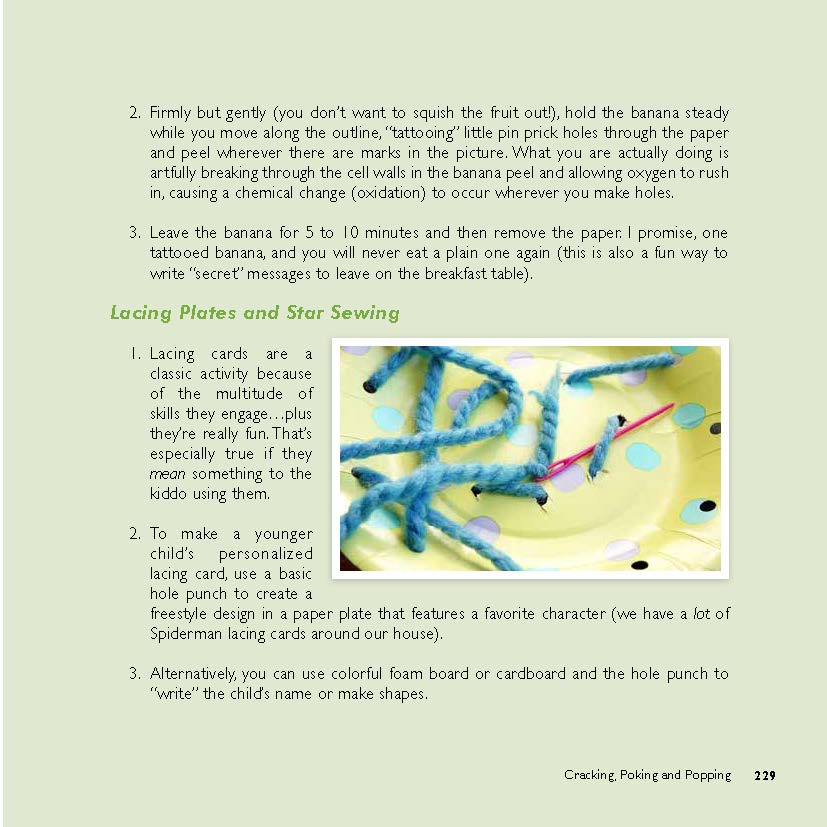Quarantine can be hard on all kids, especially kids on the spectrum. Jennifer Cook (formerly Cook O’Toole) provides help and advice into keeping all kids engaged and learning during COVID.
Can you briefly outline your history working with kids and teens?
When I was a kid, I made myself a promise: I’d never forget what it felt like to be an intelligent human being who just happened to be young. By and large, we adults forget what it’s like to be a kid. Sure, young people don’t have the same wealth of life experience, but by the same token, more birthdays does not equal more personhood. I remember my frustration when my thoughts, feelings, and ideas weren’t taken seriously, especially because when it came to the insights I had on how and why I was doing things, it turns out I was often right. The trouble was, in truth, that no one had a vocabulary or framework to explain to a little, precocious redhead who was (in their words) “too smart for her own good” why “the kids you want to be friends with don’t want to be friends with you.”
After graduating from college, I did graduate work as a family therapist and in education. In both those realms, my focus always led to an affinity for adolescents and teens. I always took them seriously — I just managed to never take myself too seriously (definitely still my MO of choice). Years later, this was pretty much the reason that my classroom was the one where students, no matter if they had scores of friends or no one with whom to eat lunch, made their way. Everyone was more than welcome. They were wanted. Cherished. Celebrated. SAFE.
Through my experiences, I discovered the intimate, misunderstood realm where what we now call “twice exceptional kids” diminished — yet with just a little understanding, could absolutely flourish. It’s essential to recognize and respect how conflicting it is to be someone whose mind works beautifully and rapidly and asynchronously. Less-obviously challenged, after all, does not mean less challenged.
I stumbled into becoming an author. I had been a therapist and teacher before I had children, and, then in one year, all three children and myself were diagnosed with ASD. After noticing the intuitive ways I seemed to teach them, one of my therapist friends told me “You have to write a book because I believe you can change the way the world understands children on the spectrum.” How do you say no that THAT?
So, no. I never expected to write one book, let alone seven, but the response to my Asperkids titles turned into, well, as one Irish newspaper called it “a global movement.” Why? I think it’s because my message of being different together, of being differently wired meaning differently beautiful, is simply a universal truth.
There is nothing more precious to me than my kids—the three at home and the tens of thousands who have read my books. My office is littered with sketches and photos, poetry, and even rocks from kids and teens who have literally gone on scavenger hunts to find where I am speaking to give me something that means something to them. They’ve written essays about me as a hero. I am blown away. And that precocious little redhead from decades ago? I don’t think she’s quite so lonely anymore.
How did your life growing up as an undiagnosed autistic person influence what you wrote?
The truth is that I had no intent of becoming an author; although if I am being completely honest, I remember submitting book ideas to an author visiting my school when I was seven, so maybe it was always something there in the back of my head. That being said, my first book was something I put together only because other folks told me the importance of the way I was playing, interacting with, and teaching my children on the spectum because, as I was discovering, I was like them. It was intuitive and natural to me, and other folks had a harder time. The reception to my books was incredible, and it happened so fast.
The second book I wrote, The Asperkids Secret Book of Social Rules, also came about as a fluke. I was jotting down what I had thought were secret life rules to the game of life that seemingly everyone else had been issued. When a therapist friend of mine saw that, she suggested I submit it as a book. I remember asking “But do you think anyone would actually read it?” Almost 63,000 copies in English, 5 international translations, and a Book of the Year Award later, I guess so!
What I’ve learned is that my autistic diagnosis didn’t teach me to be autistic, but what it did was define the perspective I was adding and the import of it. Because in the end, discovering I was autistic made my perspective a better, more essential part of being on the human spectrum: I HAD to study what others intuited, and in doing so, ended up clarifying some of the most important things we need to remember when trying to be human (and humane) with one another.
The most important thing I learned was not to be autistic, but to be human, and the truths that are essential for us on the spectrum are universal truths to everyone on the human spectrum. That knowledge informs everything I have done and will do going forward, even if I still always doubt that people will read it.
I think sometimes, despite who I am and what I’ve written, people forget that I am on the spectrum. Often, I still can’t tell what I’m doing right or wrong until someone tells me explicitly, and I still hold on to what it was to grow up being bullied, misunderstood, hurt, feeling so smart but so stupid. I infuse all that into my writing where I can affirm, to every reader, that he or she is enough exactly as they are and the world is better because of them. That’s the gift of not having known—realizing how important it is to reassure and affirm those kids who felt like I did.
Which of your books would you most recommend for parents trying to engage their spectrum kids in homeschool? In those books, what are some of your favorite activities?
I will say that I would recommend my books to parents trying to engage any and all of their kids. Most importantly, I have always thought that the world is one big giant classroom and if you’re not having fun learning, you are doing it wrong!
With that being said, it depends on what the focus is: for instance, now that we are all home, we are looking for creative ways for kids to learn without a screen. For that, I’d really recommend The Asperkid’s Game Plan. Game Plan is all about purposeful fun that has these “secret messages” in them that are academic but also broader, like empowering kids to work together, understand themselves, and develop social skills that make sense to everyone! And honestly, tattooing bananas and making naked eggs and fried marbles, is pretty cool stuff! You can infuse it with chemistry or math or English or even dental health! That’s just bonus.
There is another aspect of being all at home, which is the home itself. I think a lot of people are finding themselves cleaning out closets and trying to declutter. But what’s more important is realizing the importance of home, which I call “The Launch Pad,” becoming strategically laid out, organized, and communicated about, especially, but not solely for those of us on the autism end of the human spectrum. There are practical life skills like helping kids keep their bedrooms from looking like an explosion site to setting up areas of the home to make them engaging, like an herb garden later used for a cooking experiment but just may somehow tie into Plants vs. Zombies (if that’s your thing). How things are laid out enables kids to be naturally engaged and excited without being told. That’s the whole purpose of The Asperkid’s Launch Pad.
So, while I love all my books, I will say I most recommend: Asperkids: An Insider’s Guide because it’s such a tool for parents to understand how people on the spectrum tick; Game Plan and the free added online tools, like the COVIDeos, for cool learning experiments; and Launch Pad because home needs to be designed for everyday superheroes, like our great kids!
What can neurotypical parents or parents on the spectrum learn from your books?
I think the most important thing that parents of any kind can take away is that skills, set ups, environments, and levels of creativity that maybe are more essential to spectrum learners only ever benefit ALL learners. So, they shouldn’t be particularly wary of trying to tackle different lessons for different kids because all kids benefit from clearer explanations, fun activities, and creativity.
My number one tip for parents and teachers that I reiterate in all my books is this: if you hear yourself thinking “I shouldn’t have to tell you this” that is precisely when you should stop and explain more. Patience is key and the onus should be on the communicator to ask questions and to take a step back to understand the perspective of the learner to see where the holes are. More often than not, it’s on the teachers! Which is why I try to provide as many materials and resources as I can!
With all the stress about COVID-19, what are some ways parents, teachers, and other adults can best help young people on the spectrum?
The first thing is to realize that we on the spectrum intellectualize what other people intuit. It’s how we grapple with a world that is constantly moving and changing. So, try to find appropriate outlets that challenge us and make us think about something else. That helps us get concrete things to do to help tackle the feeling of being out of control. Also, use some simple stress and anxiety reducing activities.
I recently made a video as part of a video bundle that is 20 mins of me demonstrating what me and my kids do. Yes, we talk about the importance of routine, which is true, and it’s also ok to say “Today, I need X, not Y” or that you can’t quite seem to figure out what you need at ALL. That is FINE. In the end, life’s not about being exacting or perfect but about being human — and learning to see how much richer we all are from simply being different (and right now, VERY) together.
Learn more about Jennifer:
https://www.jenniferotooleauthor.com/
Read Jennifer’s first blog post for JKP:
https://blog.jkp.com/2012/03/article-jennifer-cook-otoole-world-autism-day/?preview_id=4460&preview_nonce=def3f3412b&preview=true&_thumbnail_id=4461
